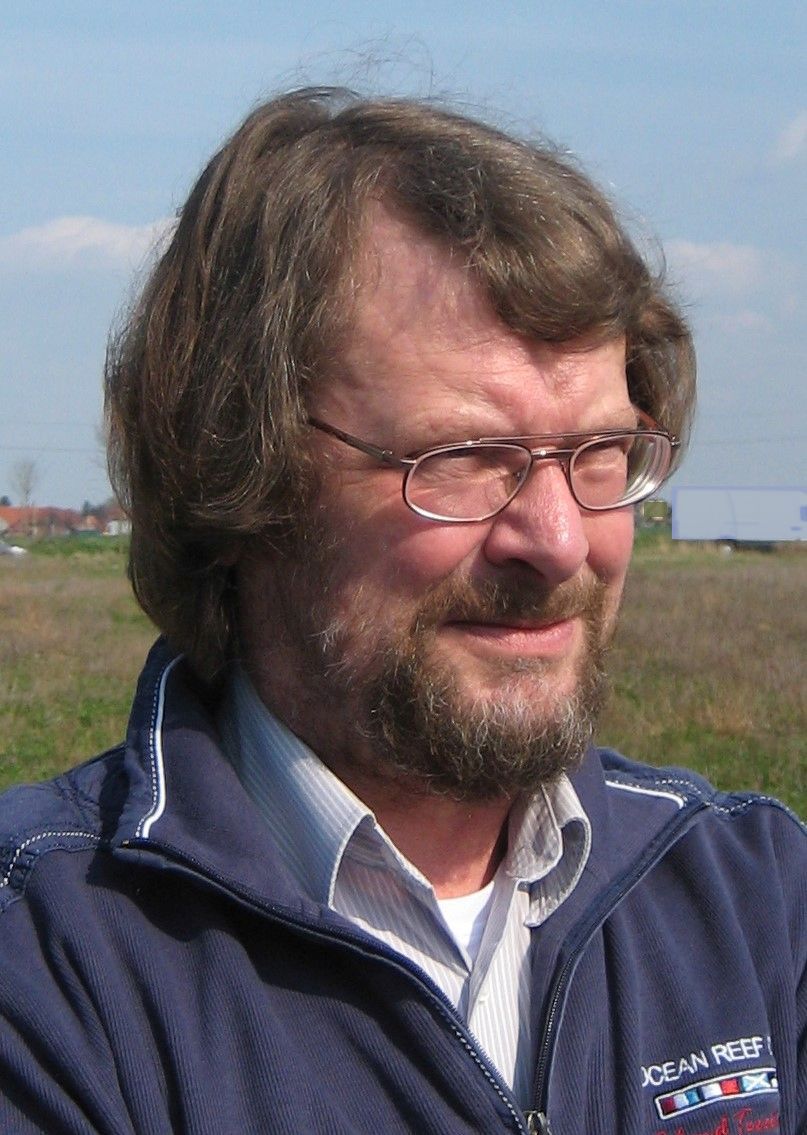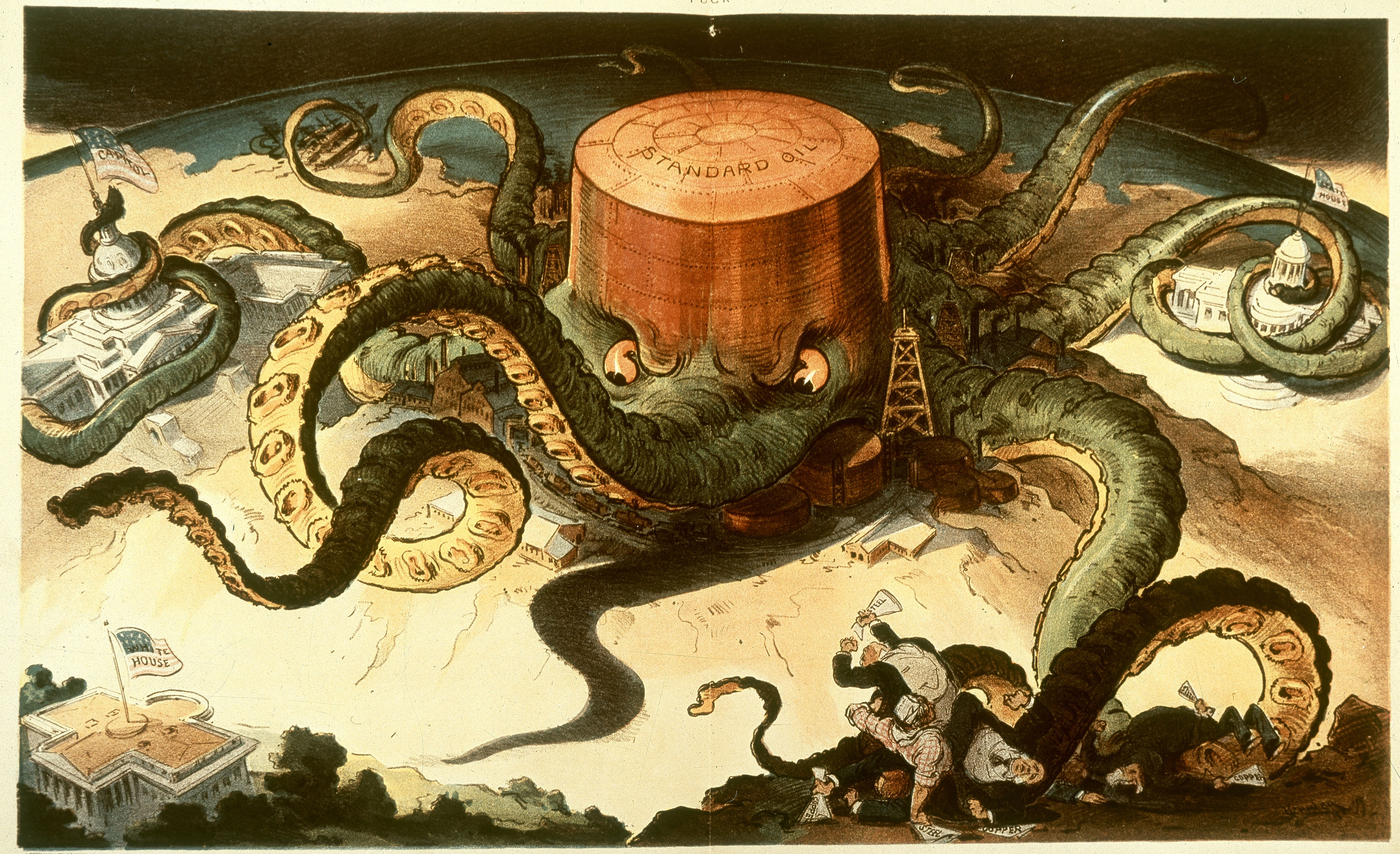|
Super-imperialism
Super-imperialism is a Marxist term with two possible meanings. It can refer: * to the hegemony of an imperialist great power over its weaker rivals, which in this context become sub-imperialisms * to a comprehensive supra-structure above a set of theoretically equal-righted imperialist states The latter meaning is the older one and had become rare by the middle of the 20th century. Etymology The expression super-imperialism first appeared in November 1914 as an inaccurate translation of the newly coined German term '' Ultra-Imperialismus''. William E. Bohn, the translator of Karl Kautsky’s article "Der Imperialismus" ("The Imperialism"), seemed to believe that the terms ''Kartell'' and ''Ultra-Imperialismus'' were not reasonable for the audience of the '' International Socialist Review'', an American Marxist journal. Bohn faced a double problem as cartels were much less familiar in the United States than the concern-like, tauter organized trust entities and the word ''ul ... [...More Info...] [...Related Items...] OR: [Wikipedia] [Google] [Baidu] |
Ultra-imperialism
Ultra-imperialism (occasionally hyperimperialism and formerly super-imperialism) is a potential, comparatively peaceful phase of capitalism, meaning after or beyond Theory of imperialism, imperialism. It was described mainly by Karl Kautsky. Post-imperialism is sometimes used as a synonym of ultra-imperialism, although it can have distinct meanings. Origin of the term The suggestion of a possible ultra-imperialism is normally attributed to Karl Kautsky, the leading theoretician of the Social Democratic Party of Germany (SPD) in the era of German Empire, Imperial Germany. Kautsky coined the term in 1914, but he had speculated on the issue several times in 1912 already. He postulated that in the field of international relations a "stage [approaches], in which the competition among states will be disabled by their cartel relationship". Thus, Kautsky's ultra-imperialism concept was shaped by the idea of cartels made up by states for the purpose of international policy. However, the ... [...More Info...] [...Related Items...] OR: [Wikipedia] [Google] [Baidu] |
Marxist
Marxism is a political philosophy and method of socioeconomic analysis. It uses a dialectical and materialist interpretation of historical development, better known as historical materialism, to analyse class relations, social conflict, and social transformation. Marxism originates from the works of 19th-century German philosophers Karl Marx and Friedrich Engels. Marxism has developed over time into various branches and schools of thought, and as a result, there is no single, definitive " Marxist theory". Marxism has had a profound effect in shaping the modern world, with various left-wing and far-left political movements taking inspiration from it in varying local contexts. In addition to the various schools of thought, which emphasize or modify elements of classical Marxism, several Marxian concepts have been incorporated into an array of social theories. This has led to widely varying conclusions. Alongside Marx's critique of political economy, the defining ... [...More Info...] [...Related Items...] OR: [Wikipedia] [Google] [Baidu] |
Robert Rowthorn
Robert Rowthorn FAcSS FLSW (born 20 August 1939) is Emeritus Professor of Economics at the University of Cambridge and has been elected as a Life Fellow of King’s College. He is also a senior research fellow of the Centre for Population Research at the Department of Social Policy and Intervention, University of Oxford. Life Rowthorn was born in 1939 in Newport, Monmouthshire, Wales. He attended Jesus College, Oxford reading mathematics. He took a post-graduate research fellowship at Berkeley again in mathematics. He returned to Oxford and switched to economics, taking a two-year B.Phil. He then worked at Cambridge as an economist. He was an editor of the radical newspaper '' The Black Dwarf''. He wrote many books and academic articles on economic growth, structural change and employment. His work was influenced by Karl Marx and critics of capitalism. He was a consultant to various UK government departments and private sector firms and organisations, and to internationa ... [...More Info...] [...Related Items...] OR: [Wikipedia] [Google] [Baidu] |
Hegemony
Hegemony (, , ) is the political, economic, and military predominance of one State (polity), state over other states, either regional or global. In Ancient Greece (ca. 8th BC – AD 6th c.), hegemony denoted the politico-military dominance of the ''hegemon'' city-state over other city-states. In the 19th century, ''hegemony'' denoted the "social or cultural predominance or ascendancy; predominance by one group within a society or milieu" and "a group or regime which exerts undue influence within a society". In theories of imperialism, the hegemonic order dictates the internal politics and the societal character of the subordinate states that constitute the hegemonic sphere of influence, either by an internal, vassal state, sponsored government or by an external, puppet state, installed government. The term ''hegemonism'' denoted the geopolitical and the cultural predominance of one country over other countries, e.g. the hegemony of the Great power, Great Powers established wit ... [...More Info...] [...Related Items...] OR: [Wikipedia] [Google] [Baidu] |
International Relations Theory
International relations theory is the study of international relations (IR) from a theoretical perspective. It seeks to explain behaviors and outcomes in international politics. The three most prominent School of thought, schools of thought are Realism (international relations), realism, Liberalism (international relations), liberalism and Constructivism (international relations), constructivism. Whereas realism and liberalism make broad and specific predictions about international relations, constructivism and rational choice are methodological approaches that focus on certain types of social explanation for phenomena. International relations, as a discipline, is believed to have emerged after World War I with the establishment of a Chair of International Relations, the Woodrow Wilson Chair held by Alfred Eckhard Zimmern at the University of Wales, Aberystwyth. The modern study of international relations, as a theory, has sometimes been traced to realist works such as E. H. Carr ... [...More Info...] [...Related Items...] OR: [Wikipedia] [Google] [Baidu] |
Bob Rowthorn
Robert Rowthorn FAcSS FLSW (born 20 August 1939) is Emeritus Professor of Economics at the University of Cambridge and has been elected as a Life Fellow of King’s College. He is also a senior research fellow of the Centre for Population Research at the Department of Social Policy and Intervention, University of Oxford. Life Rowthorn was born in 1939 in Newport, Monmouthshire, Wales. He attended Jesus College, Oxford reading mathematics. He took a post-graduate research fellowship at Berkeley again in mathematics. He returned to Oxford and switched to economics, taking a two-year B.Phil. He then worked at Cambridge as an economist. He was an editor of the radical newspaper '' The Black Dwarf''. He wrote many books and academic articles on economic growth, structural change and employment. His work was influenced by Karl Marx and critics of capitalism. He was a consultant to various UK government departments and private sector firms and organisations, and to international org ... [...More Info...] [...Related Items...] OR: [Wikipedia] [Google] [Baidu] |
Holm Arno Leonhardt
Holm Arno Leonhardt (sometimes abbreviated to Holm A. Leonhardt; born 12 October 1952) is a German scientist in the fields of International Relations and economic history, especially in the realm of cartel history and theory. He was born in Manila (Philippines) the son of Brigitte and Arno Leonhardt. Arno became a German expatriate since 1930, moving up the career ladder from accountant to vice director in the branch office of an American paper machine company in Manila. Brigitte came from a liberal merchant family in Saxony (Germany) holding critical distance to the Nazi regime. Education and early scientific work Leonhardt studied politics, sociology, economic theory and public law at the German universities of University of Göttingen, Göttingen and University of Hannover, Hannover. In 1983, he completed his PhD at University of Bremen with a work on «political conflicts in the European Community 1950–1983». Subsequently, he published a number of subject-related articles. ... [...More Info...] [...Related Items...] OR: [Wikipedia] [Google] [Baidu] |
Michael Hudson (economist)
Michael Hudson (born March 14, 1939) is an American economist who is Professor of Economics at the University of Missouri–Kansas City and a researcher at the Levy Economics Institute at Bard College. He is a contributor to ''The Hudson Report'', a weekly economic and financial news podcast produced by Left Out. Hudson graduated from the University of Chicago (BA, 1959) and New York University (MA, 1965, PhD, 1968) and worked as a balance of payments economist in Chase Manhattan Bank (1964–68). He was assistant professor of economics at the New School for Social Research (1969–72) and worked for various governmental and non-governmental organizations as an economic consultant (1980s–1990s). Biography Early life and education Hudson was born on March 14, 1939, in Minneapolis. His father, Nathaniel Carlos Hudson (1908–2003), received an MBA from the University of Minnesota in 1929. His father joined the trade union struggle, became an active Trotskyist trade union ... [...More Info...] [...Related Items...] OR: [Wikipedia] [Google] [Baidu] |
New Imperialism
In History, historical contexts, New Imperialism characterizes a period of Colonialism, colonial expansion by European powers, the American imperialism, United States, and Empire of Japan, Japan during the late 19th and early 20th centuries. The period featured an unprecedented pursuit of overseas territorial acquisitions. At the time, State (polity), states focused on building their empires with new technological advances and developments, Right of conquest, expanding their territory through conquest, and exploiting the resources of the subjugated countries. During the era of New Imperialism, the European powers (and Japan) individually conquered almost all of Scramble for Africa, Africa and parts of Western imperialism in Asia, Asia. The new wave of imperialism reflected ongoing International relations (1814–1919), rivalries among the great powers, the economic desire for new resources and markets, and a "civilizing mission" ethos. Many of the colonies established during t ... [...More Info...] [...Related Items...] OR: [Wikipedia] [Google] [Baidu] |
Hegemony
Hegemony (, , ) is the political, economic, and military predominance of one State (polity), state over other states, either regional or global. In Ancient Greece (ca. 8th BC – AD 6th c.), hegemony denoted the politico-military dominance of the ''hegemon'' city-state over other city-states. In the 19th century, ''hegemony'' denoted the "social or cultural predominance or ascendancy; predominance by one group within a society or milieu" and "a group or regime which exerts undue influence within a society". In theories of imperialism, the hegemonic order dictates the internal politics and the societal character of the subordinate states that constitute the hegemonic sphere of influence, either by an internal, vassal state, sponsored government or by an external, puppet state, installed government. The term ''hegemonism'' denoted the geopolitical and the cultural predominance of one country over other countries, e.g. the hegemony of the Great power, Great Powers established wit ... [...More Info...] [...Related Items...] OR: [Wikipedia] [Google] [Baidu] |
Trust (business)
A trust or corporate trust is a large grouping of business interests with significant market power, which may be embodied as a corporation or as a group of corporations that cooperate with one another in various ways. These ways can include constituting a trade association, owning stock in one another, constituting a corporate group (sometimes specifically a conglomerate (company), conglomerate), or combinations thereof. The term ''trust'' is often used in a historical sense to refer to monopoly, monopolies or near-monopolies in the United States during the Second Industrial Revolution in the 19th century and early 20th century. The use of corporate trusts during this period is the historical reason for the name "United States antitrust law, antitrust law". In the broader sense of the term, relating to trust law, a trust is a legal arrangement based on principles developed and recognised over centuries in English law, specifically in Equity (law), equity, by which one party convey ... [...More Info...] [...Related Items...] OR: [Wikipedia] [Google] [Baidu] |




